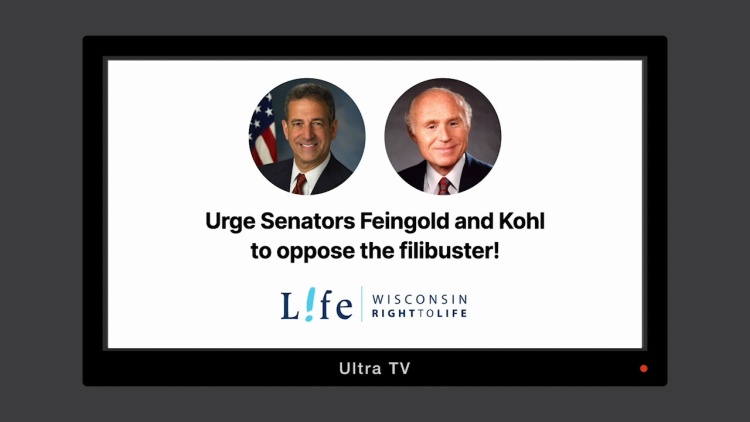Federal Election Comm'n v. Wisconsin Right to Life
United States Supreme Court
127 S. Ct. 2652, 551 US 449 (2007)
- Written by Megan Petersen, JD
Facts
Section 203 of the Bipartisan Campaign Reform Act of 2002 (BCRA) (“McCain-Feinfold”) makes it a federal crime for a corporation to broadcast, shortly before an election, a communication which names a federal candidate for office and is targeted towards the voting population. The Supreme Court previously concluded in McConnell v. Federal Election Comm’n, 540 U.S. 93 (2003) that § 203 was not overbroad as applied to speech by corporations that was the “functional equivalent” of express campaign speech, or express advocacy. However, the Court did not confront the issue of whether § 203 is overbroad when applied to purely issue ads. In 2004, Wisconsin Right to Life (WRTL) ran several issue advertisements urging constituents to protest the Senate’s filibuster of judicial nominees. The Federal Election Commission (FEC) (plaintiff) sued Wisconsin Right to Life (defendant) in district court to prevent airing of the advertisements. The court reviewed the ads, found no compelling state interest to abridge their airing and rejected the FEC’s arguments. The FEC appealed.
Rule of Law
Issue
Holding and Reasoning (Roberts, C.J.)
Concurrence (Alito, J.)
Concurrence (Scalia, J.)
Dissent (Souter, J.)
What to do next…
Here's why 907,000 law students have relied on our case briefs:
- Written by law professors and practitioners, not other law students. 47,100 briefs, keyed to 996 casebooks. Top-notch customer support.
- The right amount of information, includes the facts, issues, rule of law, holding and reasoning, and any concurrences and dissents.
- Access in your classes, works on your mobile and tablet. Massive library of related video lessons and high quality multiple-choice questions.
- Easy to use, uniform format for every case brief. Written in plain English, not in legalese. Our briefs summarize and simplify; they don’t just repeat the court’s language.





